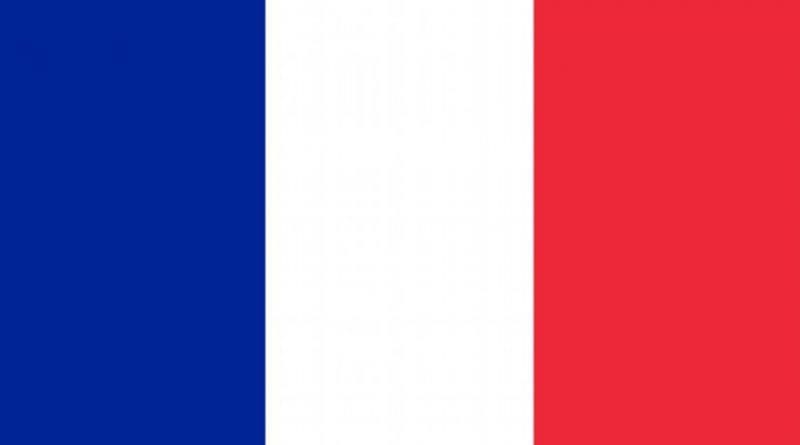After Paris Terrorist Attacks Europe Needs Unity Despite Dissent – OpEd
By IDN
By Daniela Schwarzer and Ivan Vejvoda*
The terrorist attacks that Paris suffered on November 13 evening have caused tremendous shock and grief, but also fear and insecurity, not only in France, but throughout Europe. This new wave of Islamist terror, which may be followed by further attacks in Europe and elsewhere, has hit France and the EU at a particularly sensitive moment.
The atrocious killings may have disruptive effects for European integration, liberalism, and democracy in Europe, in particular given the multiple crises the Union is already facing.
European policymakers have three prime tasks now. The first is to continue to show unequivocal solidarity with Paris and stand united. But European states must now work much more determinately toward a unified, robust response to the threat posed by the self-declared Islamic State group (ISIS). And they need to decide how to confront the multiple challenges posed to our societies.
Beyond supporting France, the priority for Europe’s states is now to get their act together on foreign policy in the Middle East. The Islamic State militant group has claimed responsibility for the carnage, not even a year after Paris had been the target of a terrorist attack that killed 17, leading France’s President Hollande to declare that “France is at war with Daesh.” France will not be able to win this war alone.
It is time to set aside differences over how to deal with Syria’s President Bashar al-Assad. Divisions over Assad between France, Germany, the United States, Russia, and others has stood in the way of a more robust response to ISIS, but also to a better response to the Syrian refugee crisis.
Under the shadow of the dramatic scenes in Paris, November 14 meeting in Vienna of the International Syria Support Group of 17 nations, the United Nations, the EU, and the Arab League led to the first breakthrough in devising a political solution for Syria. The question Western leaders yet need to tackle is whether more military intervention will be required to support the envisaged political process on the ground.
More decided action in the Middle East is also needed as part of Europe’s response to the refugee crisis. The distribution of refugees was already testing European unity, and will now likely become an even more contentious issue.
As early as November 14, populist leaders around Europe demanded an end to the influx of migrants from the Middle East and Africa. Political leaders in Poland and Slovakia’s Prime Minister Robert Fico reiterated their resistance to an EU refugee quota system. The growing sense of insecurity in Europe will make it even more difficult for Europe to act coherently.
The Schengen open border regime, a potent symbol of the EU as a political peace project, is endangered by this insecurity. France closed its borders in a state of emergency after the attacks. Hungary built a razor-wire fence along its borders to stop the entry of migrants, and Slovenia is now following suit.
Europe will see more and more internal borders erected unless or until it can address the root causes of terrorism and the refugee crisis, improve the control and registration at the EU’s external borders, stabilize the EU’s neighbouring countries, and make its citizens feel protected.
Individual, national responses to these problems will be pushed by right-wing populists throughout the EU. They will exploit people’s insecurity and try to awaken patriotic nostalgia. In some countries, they are likely to be backed by Russian support as the Kremlin seeks to exploit the EU’s weakness. These developments pose a major challenge to mainstream incumbent and oppositional parties in Europe.
The quadruple challenge of immigration, rising security threats, external destabilisation efforts, and socio-economic pressure are squeezing mainstream parties and testing Europe.
How will these four trends affect the nature of societies in Europe? How can governments strike the right balance between the defense of rights and freedoms, democracy, and the need for more security? If democracy thrives in the absence of fear, then socio-economic uncertainty, now compounded with fear of violence, will encourage many to search for populist, inward-looking, xenophobic policies. Liberalism in our societies is under siege, and not just by ISIS.
Unless Europe manages to confront not only the most recent attacks in Paris, but all of challenges facing Europeans with a broad and inclusive debate, the repercussions of the brutal violence of November 13 will run very deep. The future of democratic society, of the tolerance, openness, and inclusiveness that underpin the Western liberal order, is at stake.
None of these challenges can be confronted by any one member state alone, and no member state is the sole target. A joint European response, coordinated with allies, is thus necessary and essential. The EU, Europe, the West are all in this together and thus the highest political task of the hour is to work together, strategically and in crisis management, to protect the achievements of the liberal order.
*Daniela Schwarzer in Berlin is Senior Director for Research and Director of the Europe Program, and Ivan Vejvoda in Washington is Senior Vice President, Programs, of the German Marshall Fund of the United States. This article was originally published on November 16, 2015 with the headline: After Paris: Western Unity Ever More Difficult, Ever More and is accessible at http://www.gmfus.org/blog/2015/11/16/after-paris-western-unity-ever-more-difficult-ever-more-essential The views expressed in GMF publications and commentary are the views of the author alone.

